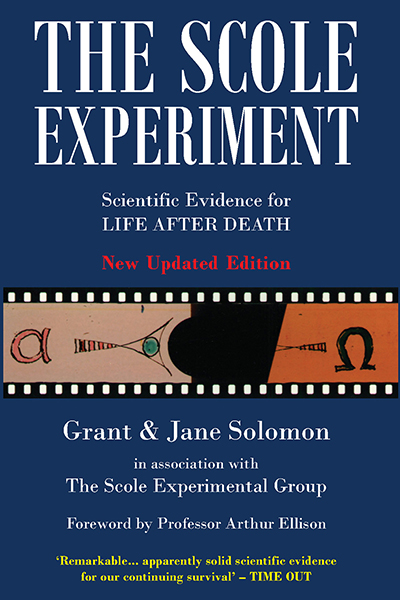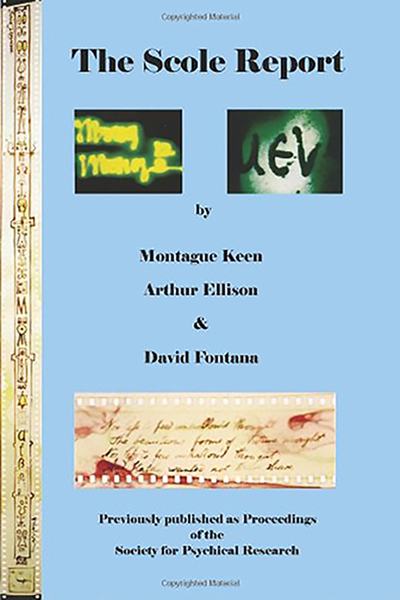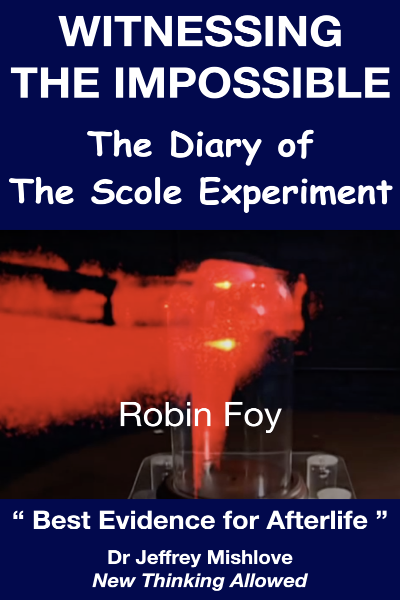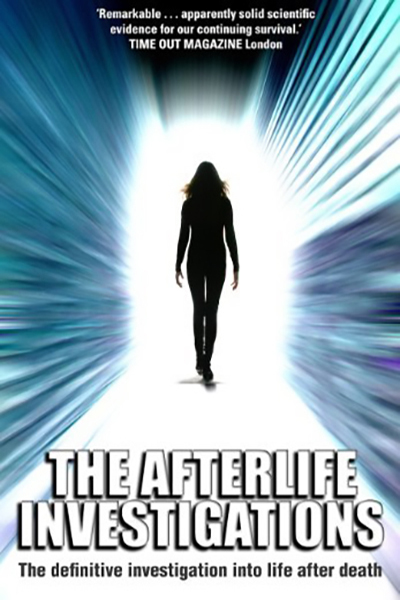The German Poem
This image was received on 35mm Polaroid film still in its light-proof container, and no camera was used.
Translated, the poem reads:
An old trunk with a thousand branches
The roots within eternity
Bends over from East towards the West
In many forms far and wide.
No tree can become more richly blossomed
And no tree's fruit can be more noble
But even the 'darkest' on earth Ripens on its branch alone.
An old trunk with a thousand branches
The roots within eternity
Bends over from East towards the West
In many forms far and wide.
No tree can become more richly blossomed
And no tree's fruit can be more noble
But even the 'darkest' on earth Ripens on its branch alone.
The session was attended by the Schnittgers and was held on 26 July 1996. It is important to note that Walter Schnittger held the tub containing the film in his hands throughout the session, neither putting it on the table nor allowing anyone else to touch it. He then supervised the development procedure. This film also contained symbols representing the planets and Chinese ideograms, all precisely drawn, clearly visible and in brilliant colours'.
There were several interesting features about this film.
Firstly, the poem was written in what the Schnittgers and other German speakers considered good German in a style characteristic of the period around 1840.
Secondly, it was a poem of high quality and, despite extensive inquiries made in Germany by the Schnittgers, Dr Kurt Hoffman and others, its authorship remained unknown.
Dr Kurt Hoffman informed the investigators that German experts he consulted had identified the poem as characteristic of the style of Friedrich Ruckert (1788-1866). It was noted that Ruckert was a popular poet and the inspiration for many of Gustav Mahler's songs. He was also famous for translating the Koran into German and was greatly interested in Eastern mysticism.
Although Ruckert was a probable candidate, extensive inquiries made of leading German scholars in sixteen UK universities failed to confirm the authorship. No record of publication has been found. The poem is not among the anthology of Ruckert's verses available to scholars and is considered very obscure.
The investigators considered that all this may be thought to have a bearing on the general fraud hypothesis, to the extent to which this hypothesis relies on relatively easy access to material already in the public domain.
There were several interesting features about this film.
Firstly, the poem was written in what the Schnittgers and other German speakers considered good German in a style characteristic of the period around 1840.
Secondly, it was a poem of high quality and, despite extensive inquiries made in Germany by the Schnittgers, Dr Kurt Hoffman and others, its authorship remained unknown.
Dr Kurt Hoffman informed the investigators that German experts he consulted had identified the poem as characteristic of the style of Friedrich Ruckert (1788-1866). It was noted that Ruckert was a popular poet and the inspiration for many of Gustav Mahler's songs. He was also famous for translating the Koran into German and was greatly interested in Eastern mysticism.
Although Ruckert was a probable candidate, extensive inquiries made of leading German scholars in sixteen UK universities failed to confirm the authorship. No record of publication has been found. The poem is not among the anthology of Ruckert's verses available to scholars and is considered very obscure.
The investigators considered that all this may be thought to have a bearing on the general fraud hypothesis, to the extent to which this hypothesis relies on relatively easy access to material already in the public domain.








